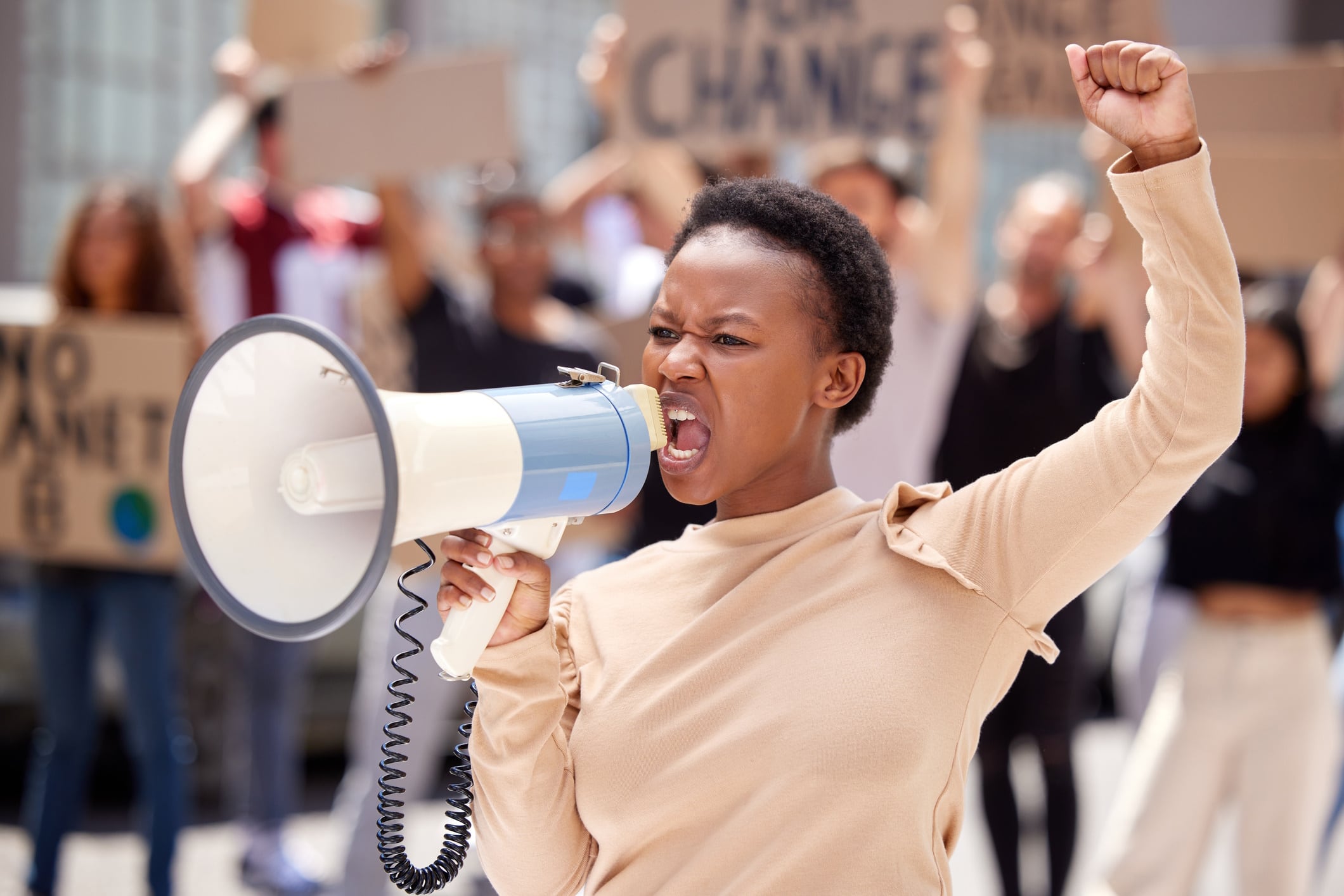When Bakery&Snacks reported in January on the growing pressure facing F&B companies to remain ‘neutral’ on political and cultural issues, the response was already building.
PepsiCo’s decision to quietly retreat from its DEI goals - alongside Elon Musk’s public crusade against ‘woke’ corporations and Trump’s rollback of federal DEI programmes – set the stage for a volatile consumer landscape.
Two months later, that tension has erupted into a widespread consumer-led protest movement. Grassroots organisers, civil rights activists and cultural figures are now calling for rolling boycotts and economic blackouts aimed at major US retailers and manufacturers, including PepsiCo, Walmart, Target, General Mills, Amazon and McDonald’s.
What began as a pushback against corporate repositioning has become a broader fight about economic justice, political accountability, and who gets to shape the values of the marketplace.
The DEI backlash begins
In January, PepsiCo made headlines for its internal memo announcing the elimination of DEI hiring goals and supplier diversity targets. At the time, company leadership framed the shift as a response to changing business realities – but critics saw it as a reaction to renewed political pressure from the Trump administration and conservative influencers like Elon Musk.
PepsiCo wasn’t alone in this recalibration and the move opened the door for what would become a nationwide debate over free speech, equity and corporate responsibility.
Now, less than three months later, that debate has spilled beyond boardrooms and ad campaigns and into store aisles. Even celebrities like actress Bette Midler and author Stephen King have weighed in, using their platforms to amplify calls to boycott.
Companies currently in the crosshairs
• Walmart: Currently under a weeklong boycott (7-14 April) for allegedly abandoning DEI initiatives and not paying sufficient taxes.
• General Mills: Scheduled for a boycott from 21-28 April.
• Amazon: Facing a second targeted boycott in May.
• Target and McDonald’s: Lined up for boycotts in June.
• PepsiCo: Under threat of boycott unless it reinstates DEI policies revoked earlier this year.
The most visible front in the current wave of resistance is a weeklong boycott of Walmart, spearheaded by the newly formed activist group People’s Union USA. Running between 7-14 April, the boycott urges consumers to halt all purchases from the retail giant, including instore shopping, online orders and subscriptions.
The campaign accuses Walmart of abandoning DEI commitments in the wake of political pressure. People’s Union USA founder John Schwarz has been rallying support on TikTok and other platforms, noting “economic resistance” is one of the few tools left for consumers who feel ignored by both corporate America and the political establishment.
“This is about strategy,” Schwarz said in a recent video. “We are the economy. If they want our dollars, they need to respect the people who keep them in business.”
Walmart isn’t the only company facing scrutiny. Prominent American civil rights activist Reverend Al Sharpton recently issued a public challenge to PepsiCo, demanding the snacking giant reinstate its DEI commitments or face a nationwide boycott.
In a letter to CEO Ramon Laguarta, Rev Sharpton wrote of his “profound disappointment” over PepsiCo’s decision to eliminate diversity goals in hiring and supplier partnerships, calling it a betrayal of the company’s long-standing relationship with minority communities.
“You have walked away from equity,” Sharpton wrote. “Political pressure has outweighed principle.”
The Lay’s and Doritos maker was historically seen as a pioneer in corporate inclusion. It hired some of the first Black sales and marketing executives in the 1940s and by the 1980s, had implemented Black consumer advisory boards – one of which Sharpton himself once sat on.
Sharpton’s warning comes as civil rights organisations begin to coordinate more closely with grassroots economic resistance movements like People’s Union USA. Whether or not PepsiCo agrees to a meeting, the pressure is intensifying.
Meanwhile, General Mills is being boycotted from 21-28 April, as part of the ‘economic blackout’ organised by Schwarz. The boycott targets the company for allegedly “poisoning our kids with toxic cereals, flooding shelves with overpriced, chemical-laden food and profiting while families struggle,” says Schwarz in a viral Instagram video. “No Cheerios, no Lucky Charms, no Häagen-Dazs - nothing from General Mills,” he adds. “This is how we win, piece by piece, until they have no choice.” General Mills has yet to respond publicly to the boycott or the allegations driving it.
Culture war meets checkout aisle

This wave of activism represents more than isolated calls for boycotts. It reflects a growing sentiment that corporations purportedly have too much political influence, too little accountability and too often play both sides when it suits their bottom line.
When President Trump ended federal DEI programmes shortly after taking office in January, companies like Walmart and Target quietly followed suit, dialling back similar initiatives in their own organisations. To many consumers and activists, these moves felt like a betrayal of years of progress.
For a time, DEI was seen not just as a social good but a business imperative. Now, with that assumption being challenged, the conversation has shifted: from internal policy to public protest, from marketing slogans to marketplace decisions.
It remains to be seen whether these boycotts will create measurable financial damage for targeted companies, but the reputational risk is already unfolding. As brands position themselves for spring and summer product pushes, they are also being forced to evaluate how public sentiment may affect sales and long-term trust.
What’s clear is this new chapter in consumer activism is more coordinated, more strategic and more sustained than past efforts. It’s not just about a single issue or a single brand. It’s about who holds power in the modern American economy - and whether everyday people can still shape the outcome.



